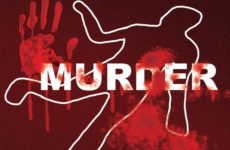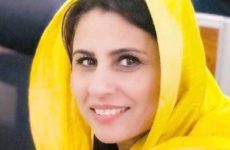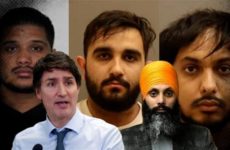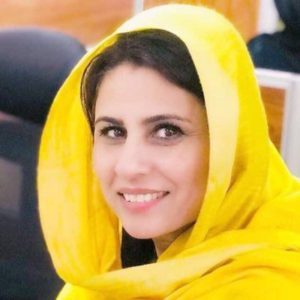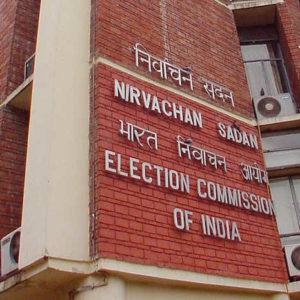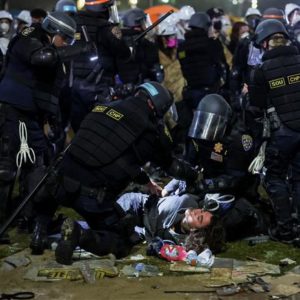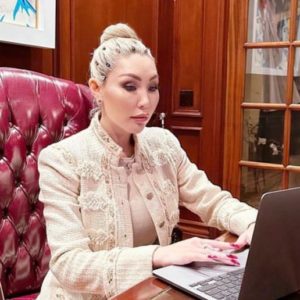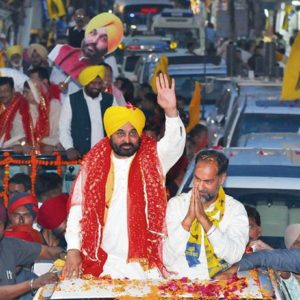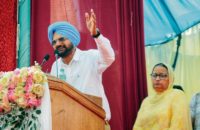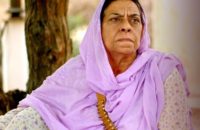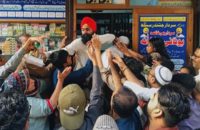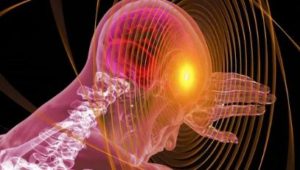
The words ‘stroke’, ‘paralysis’, ‘brain attack’ and ‘lakwa‘ are commonly used interchangeable words for the same problem and every year, around 15 million people globally suffer a stroke where 5 million of these die, as per the reports and another 5 million are left permanently disabled.
In the last 15 years, an increase of 17.5% has been reportedly seen in the number of stroke cases in India itself.
In an interview with HT Lifestyle, Dr Darshan Doshi, Consultant – Neurology at PD Hinduja Hospital and Medical Research Centre, revealed that there are mainly two types of stroke –
- Ischemic stroke – It occurs when there is blockage of the blood vessel that supplies blood to the brain.
- Haemorrhagic stroke/bleeding – It occurs in brain when a blood vessel bursts in the brain.
Symptoms of stroke
- Sudden imbalance while walking
- Sudden Loss of vision or double vision
- The face suddenly droops on one side.
- Sudden weakness of one Arm/Leg
- Sudden slurring of speech or strange language
- Time.
If one sees any of these signs, quickly reach the emergency room of a nearby hospital
Risk factors for stroke
Dr Darshan Doshi said, “Patients with Diabetes, Hypertension, High Cholesterol, cardiac problems as well as people smoking cigarettes, eating tobacco, or taking excess alcohol are at higher risk for developing stroke.”
Treatment options for stroke
Dr Darshan Doshi suggested –
- If a patient has a blood clot in the brain, a clot busting drug can be given within first 4.5 hours from the time of stroke onset. In selected cases, we can do angiography and thrombectomy (clot removal) up to 24 hours.
- If you or someone you know experiences any of these symptoms, call for emergency medical help immediately. With recent advances, the sooner a stroke is treated, the better the chances of recovery.
Bringing her expertise to the same, Dr Aradhana Chauhan, Neurologist at Sahyadri Super Speciality Hospital in Pune’s Deccan Gymkhana, shared, “Stroke is a medical emergency that needs to be treated quickly because of how seriously it affects the brain. A number of frequent symptoms, such as imbalance, weakness in any limb, facial deviation and tingling numbness is another critical symptom that requires prompt attention. These symptoms serve as warning indicators. Since an untreated stroke results in the loss of 1.9 million neurons each minute, it is critical to realise that time is of the importance.”
She asserted, “It is imperative that you take prompt action if you witness someone displaying stroke symptoms. The first thing to do is get the patient quickly to the closest hospital that has stroke treatment available. It is critical to understand the seriousness of the issue since prompt action may be the difference between irreparable brain damage and recovery. In cases of acute stroke where blood vessels are blocked, a vital aspect of treatment involves the use of clot busters. These medications have the capability to break down and dissolve clots, facilitating improved blood flow to the brain. The administration of clot busters not only aids in the patient’s recovery but also plays a pivotal role in preventing potential fatalities.”
For severe strokes involving the blockage of large blood vessels, Dr Aradhana Chauhan asserted that medical intervention goes beyond pharmaceuticals. She concluded, “In addition to appropriate medical treatment, surgical procedures become necessary to extract the clot and restore blood flow to the affected areas of the brain. These interventions are time-sensitive, emphasizing the critical importance of prompt medical attention. Time is a precious factor in stroke cases, and timely treatment can significantly impact the patient’s chances of survival and recovery. It is paramount to emphasize the urgency of seeking medical help, and individuals displaying stroke symptoms or those witnessing someone with these signs are urged to rush to a stroke-ready hospital as swiftly as possible. By recognizing and responding promptly to stroke symptoms, we can save lives and enhance the prospects of a meaningful recovery for those affected by this medical emergency.”




 Man killed, buried under temple’s ‘havan kund’ in Punjab’s Sangrur, 2 held
Man killed, buried under temple’s ‘havan kund’ in Punjab’s Sangrur, 2 held
